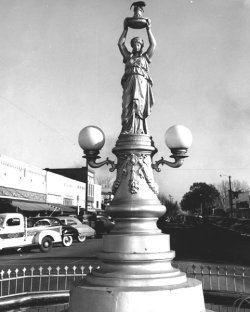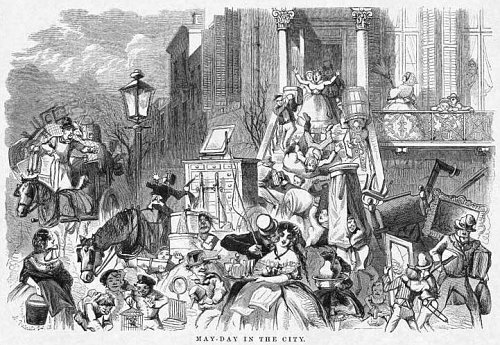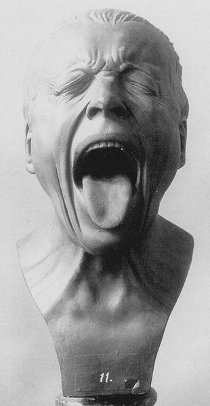More unusual personal names:
From John Train’s Remarkable Names of Real People (1988):
- Ave Maria Klinkenberg
- Gaston J. Feeblebunny
- Humperdink Fangboner
- Larry Derryberry
- Mary Louise Pantzaroff
- Norman Icenoggle
- Primrose Goo
- Rapid Integration
- Verbal Funderburk
From Barbara Fletcher’s Don’t Blame the Stork (1981):
- Bobo Yawn
- Louise Ghostkeeper
- Constance Stench
- Naughtybird Curtsey
- Rat Soup
- Sir Dingle Foot
- Consider Arms
- Craspius Pounders
- Gizella Werberzerk-Piffel
- Barbara Savage Machinest
The most impressive specimens come from H.L. Mencken’s magisterial American Language. In 1901 Loyal Lodge No. 296 Knights of Pythias Ponca City Oklahoma Territory Smith was baptized in Ponca City, and in 1949 John Hodge Opera House Centennial Gargling Oil Samuel J. Tilden Ten Brink was interviewed for the Linguistic Atlas in upstate New York. I don’t know what he said.




